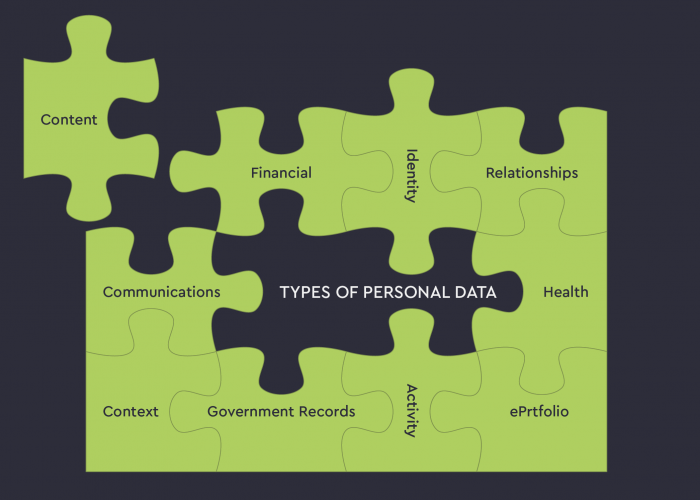What would you do if today you couldn’t access your bank accounts, the Internet, or your cell phone suddenly stopped working? A pretty unpleasant scenario, but a very real one.
Cybersecurity was one of the top topics on the global agenda during the World Economic Forum (WEF) 2021. Experts emphasize that as global digitalization accelerates, the world is becoming increasingly interconnected. Digital ecosystems are being created all around us: countries, corporations, and individuals are taking advantage of the fast Internet and smart devices. And in this context, one vulnerable link is enough to bring down the whole system, just like a domino effect. That’s why it’s so important for the world to be prepared for such a turn of events.
For the third year in a row, the Cyber Polygon is taking place as part of the WEF. It brings together various global organizations to improve skills, share best practices and achieve tangible results for the global community. This year, 200 organizations from 48 countries tested their skills in repelling cyber threats. Companies such as IBM, Santander, and Ernst & Young are on the list of participants.
The training event consists of two parallel parts: an online conference for the general audience and a hands-on segment for cybersecurity experts. The main topic for 2021 was targeted attacks on the corporate supply chain. Why was this particular issue raised? If such a scenario were to happen in real life, it could dramatically affect our daily lives: shutting down water treatment facilities, power systems, or the Internet.
By the way, because this was an online event, more than 7 million viewers from 78 countries joined the broadcast of the expert sessions. Among the topics were ransomware, cryptocurrencies, and even the vulnerability of data transmitted from the International Space Station. By the way, there was a live link with the ISS astronauts, where they revealed that the most vulnerable data was protected by encryption and could not be decrypted during transmission.
Conclusions
Every day we face the possibility and likelihood of cyberattacks. According to Interpol, the number has multiplied during the pandemic. If the trend of recent years continues, in 2021, it will bring companies around the world up to $6 trillion in losses – twice as much as it was five years ago. So such events are not paranoia but common sense.




